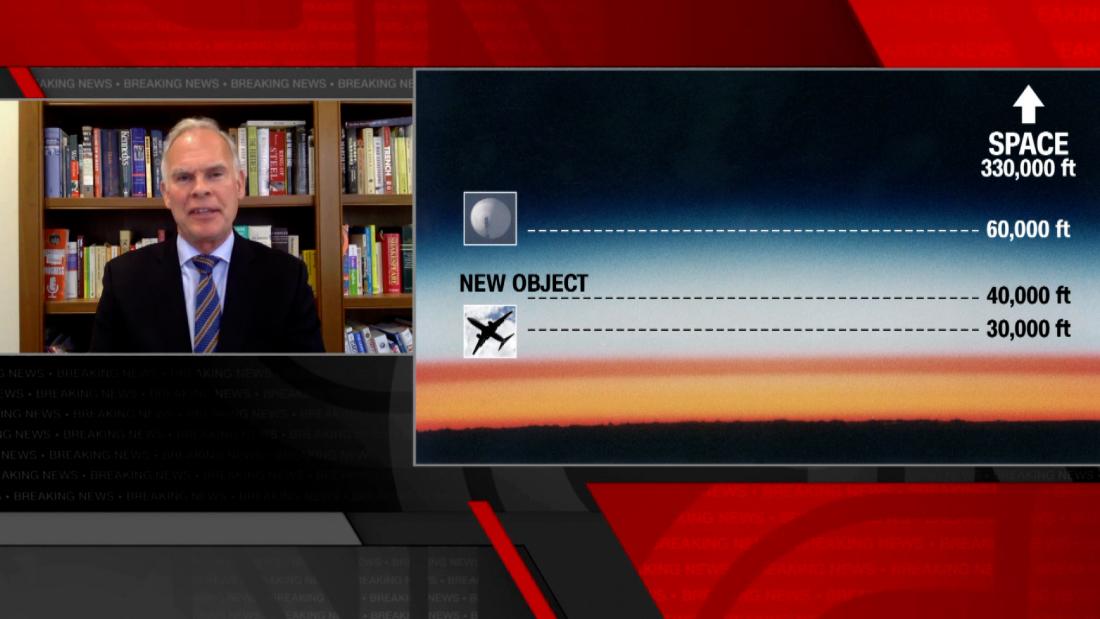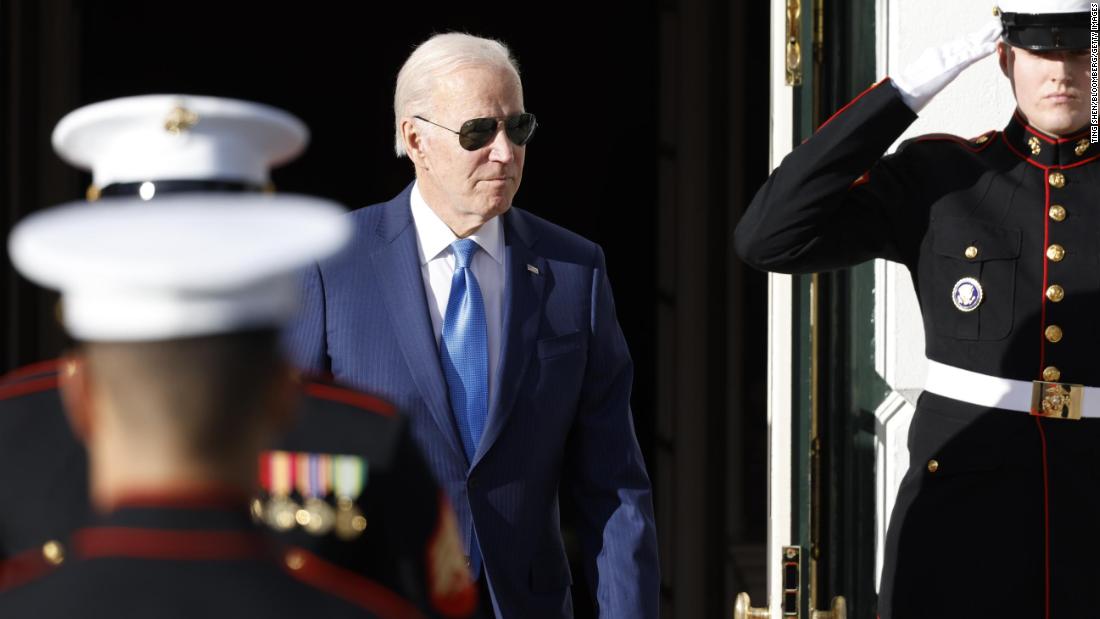Juveniles Granted Same Access to Lawyers as Adults Under WA Reform
A new package of justice reforms set to go into effect in January in Washington State includes a controversial measure preventing police from questioning juvenile suspects before they consult with an attorney. Police say it will hamper their investigations.

The law enforcement community and youth justice advocates in Washington State are at odds over a new law requiring juveniles to have access to an attorney before police can question them.
Advocates claim House Bill 1140, signed by Gov. Jay Inslee this spring and set to go into effect in January, will prevent false confessions forced under pressure. But police say it will hinder their ability to investigate crime, reports the Yakima Herald.
The law was one of a dozen measures introduced this year to improve accountability for law enforcement in Washington State, and it will create the nation’s strongest police accountability system, report other media sources.
Introduced by State Rep. Jesse Johnson, the new law will extend the right to remain silent and the right to an attorney to the state’s youth.
The law will render most statements made by juveniles before consulting an attorney inadmissible at trial. But it offers exceptions in cases where a juvenile may be a victim of human trafficking or if someone’s life is in danger.
The bill was hailed by local advocates as a “milestone” when it passed last spring. The American Civil Liberties Union in Washington said it would put the state “at the forefront” of juvenile justice reforms around the nation, and improve racial equity as well as public safety.
“This legislation means youth who are scared, confused and vulnerable when stopped by police will receive critical legal advice,” Anita Khandelwal, director of the King County Department of Public Defense, said in a joint statement with the ACLU.
“Studies show that youth don’t fully understand the consequences of waiving their rights. The protections this bill puts in place are essential in ensuring our youth are treated fairly.”
But two of Yakima County’s top law enforcement officials claimed it will do more harm than good, arguing that teen suspects will be more likely to choose to remain silent.
“This is absolutely going to make it more difficult for law enforcement to prosecute juvenile crime and obtain any information from a suspect under the age of 18,” Prosecuting Attorney Joe Brusic said.
Brusic, who prosecuted juvenile cases earlier in his career, said the law could prevent investigators from obtaining information they need to solve crimes..
Yakima County Sheriff Bob Udell said attorneys will most likely advise kids to not speak to police, which he said was counterproductive.
While many may believe that going into the juvenile justice system may do more harm than good, Udell argued that getting a teen into the juvenile justice system, starting with interrogation, may get them off the path to prison.
“Sometimes, law enforcement is the one conduit kids have out of the place they are in,” Udell said. “If we cannot get statements out of them, we can’t help them.”
James McMahan, policy director for the Washington Association of Sheriffs and Police Chiefs, who testified against the bill last January, told state lawmakers this could hinder officers’ abilities to stop crimes in progress, reports Center Square.
“If we respond to a 911 call, where somebody reports being victimized by another and our officers encounter someone in the vicinity that matches the description of the accused offender, must we first provide them access to an attorney before briefly questioning them to exclude them and also hinder our ability to find the actual culprit?” McMahan asked.
Detective Scott Runge of the Benton County Sheriff’s Office argued that this bill could keep members of law enforcement from building trust with youth.
“I think this bill comes from a good place, but I just think that you’re limiting our responsibility as law enforcement officers, which is solving crimes and finding the facts and protecting the citizens of Washington state. There are many more successful cases than there are unsuccessful.”
While there may have been more successful cases, supporters of the law argue that this law will prevent false confessions from young people.
Stephan Thomas, another advocate, testified in favor of the bill in January, saying that no number of successful cases could justify even one false confession.
“I’m thankful for those good officers who are doing good things, but the reality is that one bad confession within our system is way too much. We need these types of protections in order to prevent that from happening.”
Not all law enforcement sources oppose the bill.
The head of the Yakima County’s public defender, Paul Kelly, director of the county’s Department of Assigned Counsel, says this move will not restrict law enforcement but protect the rights of teens who are susceptible to being coerced into confessing to crimes they didn’t commit, says the Yakima Herald.
“I think what the legislature is doing is codifying the importance of this law and protecting vulnerable individuals and make sure they understand and have constitutional protections”
“As we know, children are particularly vulnerable,” said Lara Zarowsky, executive director of the Washington Innocence Project and affiliate instructor at the University of Washington School of Law, to the House Committee on Civil Rights and Judiciary in January, told Center Square.
“They are more susceptible, they’re more compliant, and they’re more vulnerable to outside pressure, especially when that’s a position of authority. Once that confession happens, they are very often retracted, but that is not what gets into the system.”
State Rep. Jesse Johnson says the bill is meant to protect the constitutional rights of juveniles who could be more easily intimidated by a police officer into giving up rights against self-incrimination and possibly be forced into making confessions.
He says while those youth represent 28 percent of the state’s population, they make up half of those who are detained.
Johnson also says that youths, minority youths in particular, are likely to feel the need to defer to authority figures, even if it goes against their self-interest.
While Udell thinks getting a juvenile into the juvenile justice system can help get kids off the path to prison, Johnson does not agree.
In a March 2 floor speech, Johnson said, “I believe we’re united in a common purpose to save the lives and futures of many of our youth and dismantle an insidious school-to-prison pipeline.”
This summary was prepared by Gabriela Felitto, a TCR Justice Reporting intern.

 Landwebs
Landwebs 





















